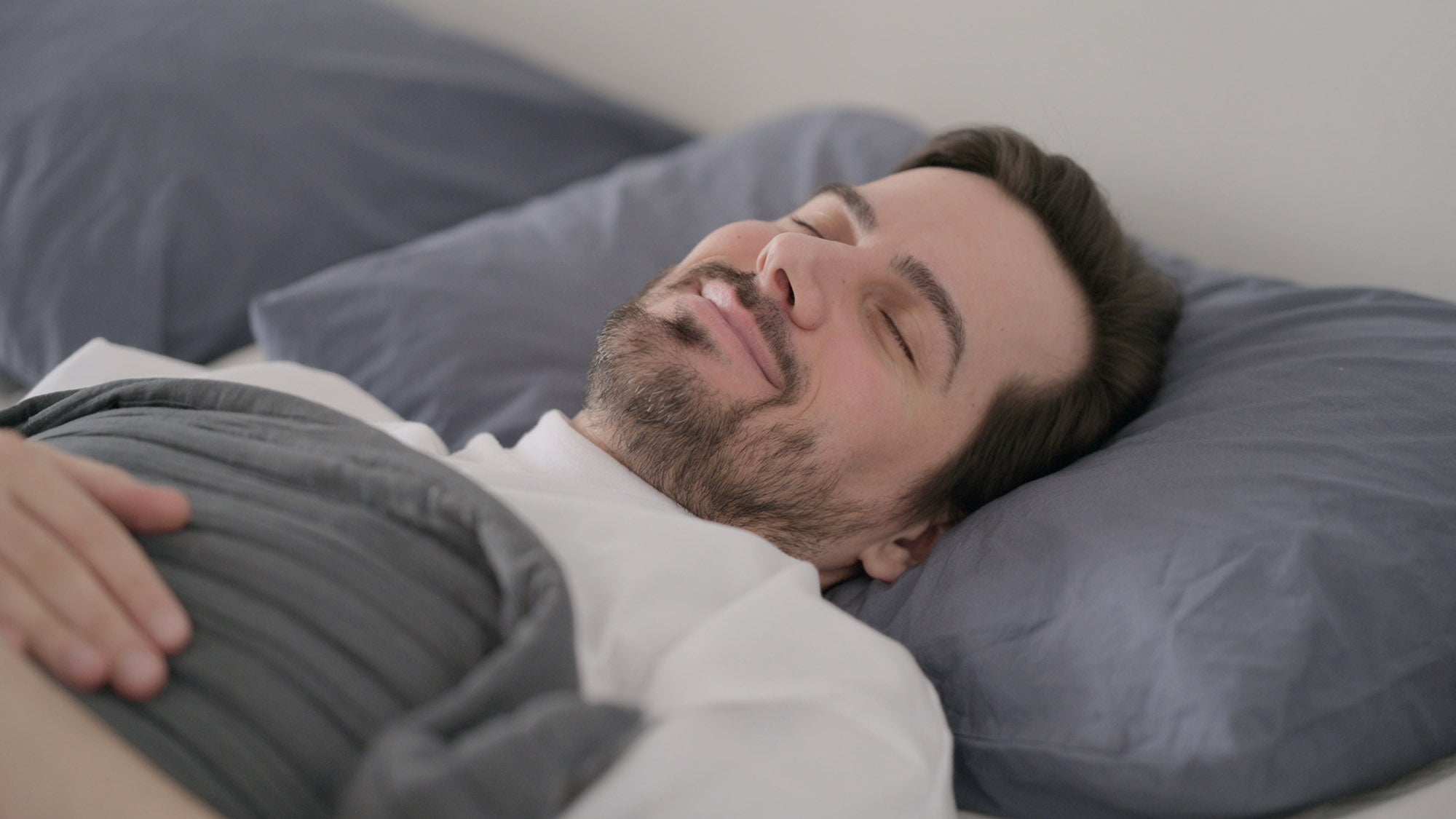The importance of sleep for a healthy life is becoming increasingly popular, with more and more people paying close attention to getting a good night’s sleep. We also spend about a third of every day in bed, sleeping, relaxing, or snacking. However, whether we spend that time getting a comfortable rest or quality sleep depends a lot on the choice of your mattress. It is best to say that your mattress can profoundly affect your sleep quality and health in general.
Here is more on how a mattress can affect your sleep quality.
Causes Sleep Disturbances
Using a mattress that lacks proper support for your weight for a long time can trigger dull aches and pains. Eventually, they can cause your normal spine alignment to be disoriented, creating stress in the back and neck area.
Using such a sinking mattress without proper support can also result in severe and persistent pain, affecting sleep quality and quantity. In worse cases, the discomfort from lack of support can make you toss and turn many times, making it almost challenging to find a comfortable position to fall asleep in.
May Trigger Aches and Chronic Pains
A good quality mattress will provide your body with good support that assures a healthy sleep posture. This is why there is no one-size-fits-all for mattresses, as everyone is unique. A good quality mattress for you will depend on your weight, sleeping position, comfort, and other health conditions.
Sleeping on the wrong type of mattress for a long time can misalign your body and form pressure points. As a result, you might feel sore, and your joints may ache as you move them. With time, this can develop into chronic lower back, hip, and neck pain affecting your overall sleep quality.
Increases Risk For Allergies
The dead skin cells, dust mites, and bacteria in your mattress, paired with your sweat, can act as the perfect breeding ground for disease and allergy-causing dust mites, bacteria, and fungi. This is why deep cleaning your mattress is highly encouraged, even if you change your bedsheets and linen often.
Sleeping on such a mattress with all toxic and harmful components can be a real threat to people with sensitive skin and asthma. The airborne particles from the mattress can make one inhale them, triggering allergies and making it difficult to achieve a good night’s sleep. In worse cases, they may also cause respiratory problems, especially among kids and older adults.
People with these conditions are recommended to consider options like germ-resistant and eco-friendly mattresses.
Motion Transfer
Motion transfer is how much movement a sleeper shares from one part of the mattress to another. A mattress with high motion transfer creates an impact all over the bed when a person moves on any part of the mattress.
If you share your bed with your partner or someone else, then a high-motion transfer can affect both your and the other person’s sleep, especially as one tosses and turns. Light sleepers, partners with different sleep schedules, and those with insomnia may also have problems getting a good quality sleep if the mattress has poor motion isolation features, as the tendency of them getting disturbed whenever their partner moves are very high.
In contrast, a mattress with low motion transfer, also called a motion-isolation mattress, can absorb the impact of movements in the bed, ensuring the person on the other side is not disturbed.
Don’t Confuse Quantity With Quality Of Sleep
You can sleep long even if your mattress does not properly support your spine, but it won’t be particularly restful for you. In fact, you may wake up the next morning experiencing back and joint pains.
On the other hand, sleeping on the right and best mattress for you can make you feel fully rested and refreshed, even if you get a few hours of sleep. This is how the quality of your mattress can impact your sleep over quantity or for how long you sleep.



